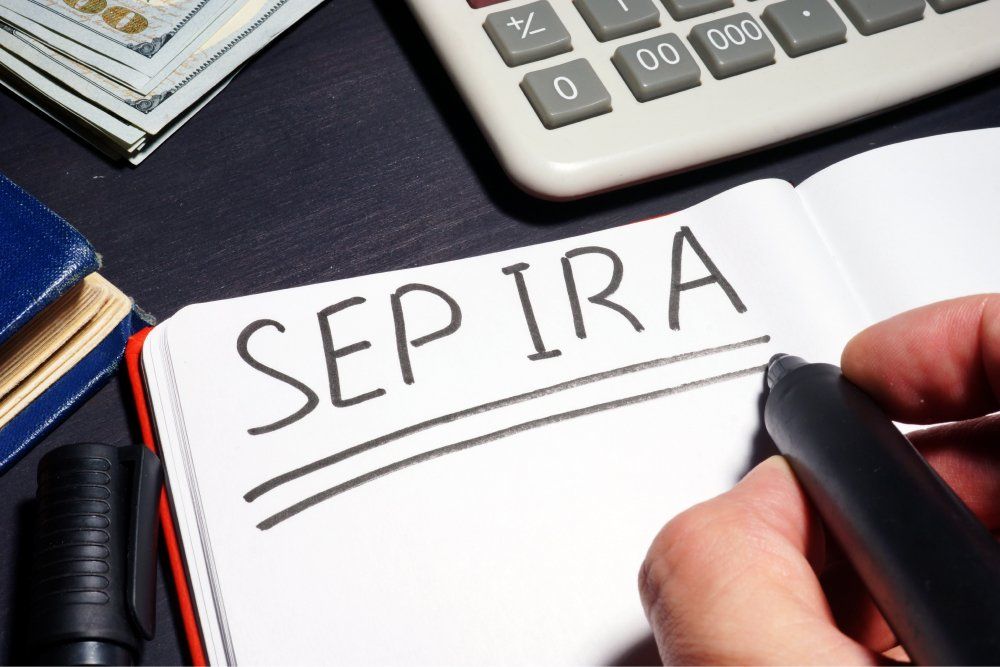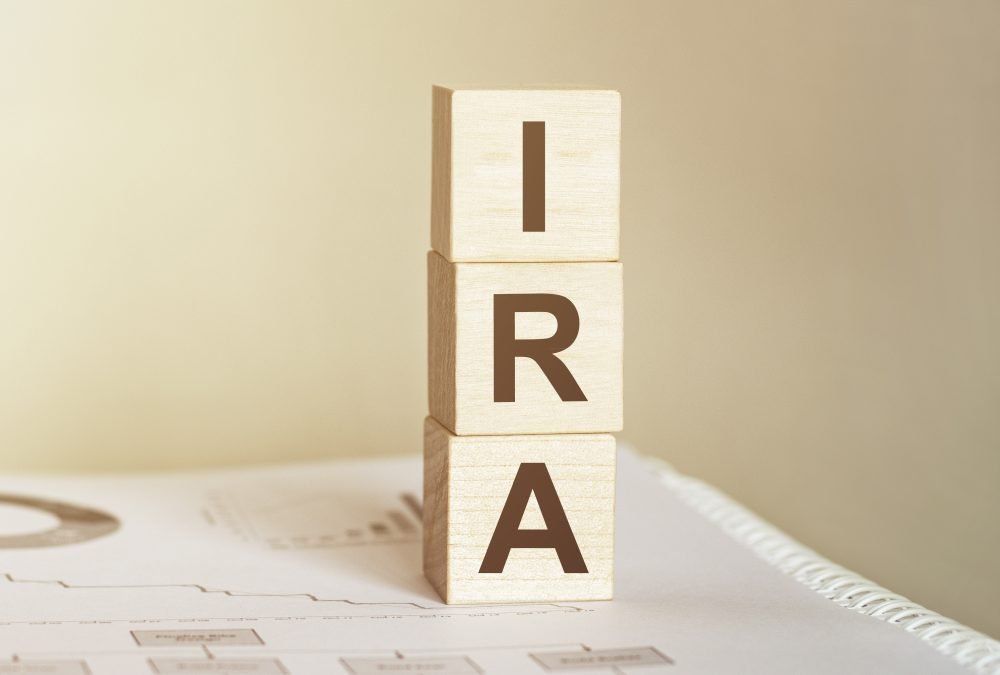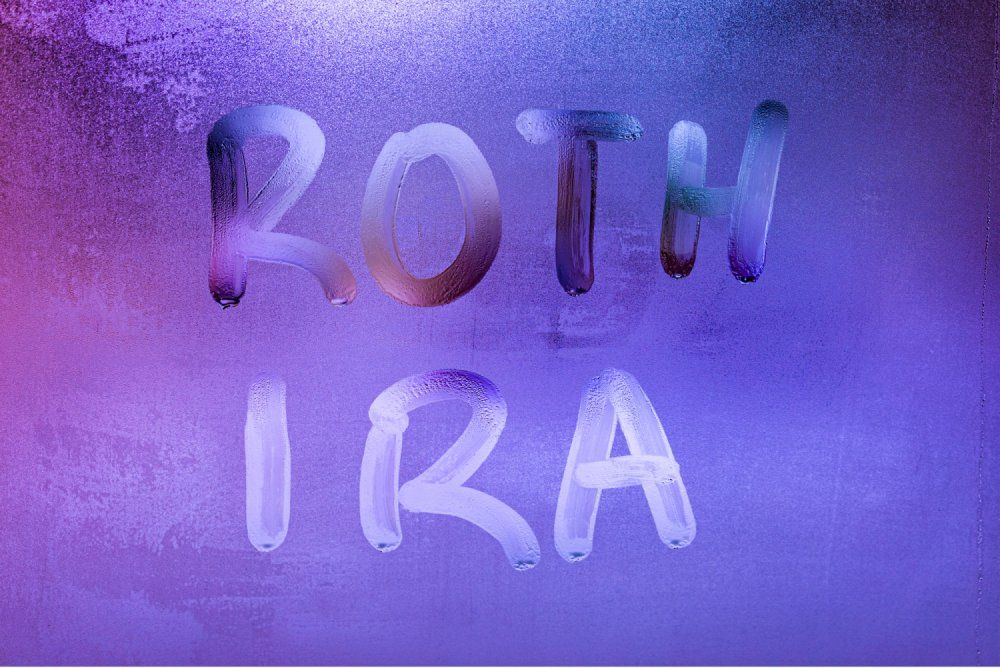HSA – Health Savings Account
There Many people have high-deductible health insurance plans and are missing out on an opportunity to save for healthcare costs, defer taxes, and lower their tax liability. A Health Savings Account, or HSA, is an investment account designed for high-deductible health insurance plan owners. They are a lot like a traditional IRA because they also affect your taxes and defer income for retirement. Except, with the HSA, there is a twist; if you spend the money on qualified medical expenses, you pay no taxes on the distribution. Just like a traditional IRA, to qualify for the tax deductions, a person must be eligible to open an HSA.
First, you must own a high-deductible health insurance plan. The easiest way to find out if your plan is HSA eligible is to call your insurance provider. You also need to have no other health coverage–besides your high-deductible health insurance plan–and can not be enrolled in Medicare or be a dependent on someone else’s tax return. If all of these standards are met, the next step will be to open an HSA with your financial advisor’s help.
After your HSA is open, you need to establish your contribution limits. An individual can contribute up to $3,600 in 2021. If your entire family is covered under the same high-deductible health insurance plan, the account owner can contribute up to $7,200 for 2021. For those reaching age 55 or older by the end of 2021, an additional $1,000 can be contributed. Once the account is funded, it saves the account owner in more ways than one.
An HSA contribution is an above-the-line deduction on your tax return, meaning a contribution to an HSA lowers a taxpayer’s income dollar-for-dollar. For example, if a person makes an eligible HSA contribution of $5,000 and is in the 22% federal tax bracket, they will lower their income by $5,000 and tax liability by $1,100. Like a traditional IRA, if you have our team prepare your taxes, we can tell you how much of an HSA contribution is required to lower your tax liability. You can contribute to the HSA in 2021 to lower 2020’s tax liability as long as it is done by May 17th, 2021, although the normal cut-off date is April 15th.
The similarities between the HSA and the traditional IRA do not stop there. The account owner can contribute to the HSA on an annual basis and with the help of an advisor invest the funds in the stock market. If the funds are held until age 59 ½, they can be withdrawn penalty-free. If the owner distributes the funds before reaching age 59 ½, then taxes and penalties could be applied–which is where the HSA and traditional IRA differ.
If funds from an HSA pay qualified medical expenses, then the income is considered non-taxable, regardless of the HSA owner’s age. Qualified medical expenses include deductibles, dental services, vision care, prescription drugs, copays, psychiatric treatments, and other qualified medical expenses that are not covered by a health insurance plan. The CARES act even expanded the HSA qualified expenses to include some over-the-counter medicines.
The HSA is an excellent health savings and retirement savings account if used correctly. It will lower a taxpayer’s current tax liability. It can be used as a vehicle to defer income taxes until retirement, and if distributed to cover qualified expenses, will avoid taxation altogether.
While these are all great features, those considering an HSA should plan carefully before deciding to open one. You want to ensure funds can be saved for the long-term or are used to cover qualified medical expenses. Otherwise, taxes and penalties can eat away at the benefits that come with owning an HSA. If you have a high-deductible insurance plan and think you qualify to open an HSA, please contact one of our advisors to discuss whether or not an HSA works with your financial plan.
Can We Help?
The Twin Rivers team wants to guide you on your journey to financial success. If you have any questions about the topics above or would like to discuss any financial decision you are facing, please do not hesitate to contact our team.











